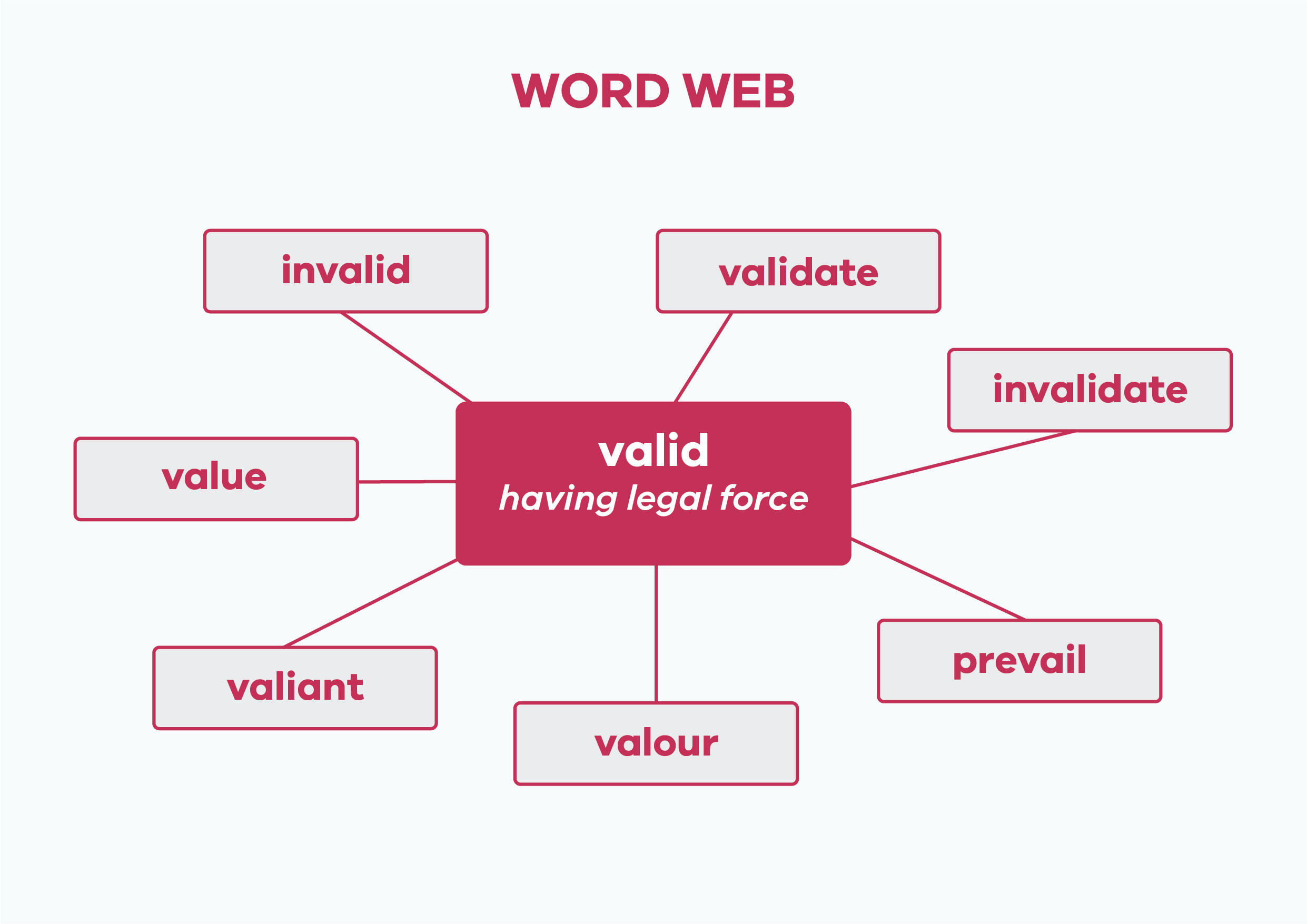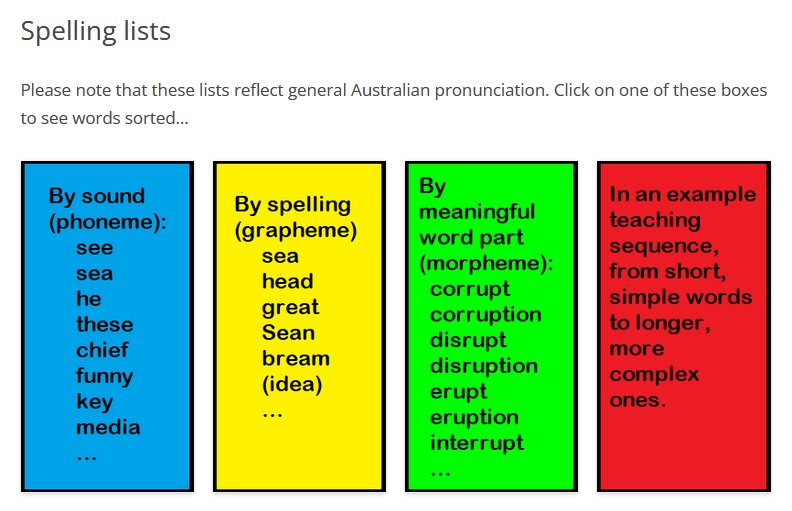
con- | Meaning of Prefix “con-” by Etymonline
Introduction
Have you ever wondered about the meaning behind common prefixes in the English language? If so, you’re in the right place! In this article, we’ll delve into the prefix “con-” and its intriguing history. “Con-” is a versatile and frequently used prefix, and understanding its origins and various uses can provide valuable insights into many words we encounter daily.
con- | A Brief Overview
Before we delve into the depths of “con-,” let’s first understand what a prefix is. A prefix is a word part added at the beginning of a base word to modify its meaning. In the case of “con-,” it adds the idea of “together,” “with,” or “thoroughly.”
LSI Keywords: prefix meaning, definition of con-, con- origin, prefix examples.
The Etymology of “con-“
The roots of “con-” can be traced back to Latin. It derives from the Latin word “com,” meaning “together” or “with.” Over time, “com” evolved into “con” when placed before certain consonants. The prefix “con-” was used prolifically in Latin and later adopted by various languages, including English.
LSI Keywords: con- history, con- in Latin, con- etymology.
Common Examples of “con-” Prefix Words
Now that we have an understanding of its origin, let’s explore some commonly used words with the “con-” prefix.
- Conduct: To lead or guide something, such as an orchestra or a team.
- Connect: To join or link things together physically or conceptually.
- Confident: Having belief or trust in oneself or others.
- Contribute: To give or provide something, like ideas or money, towards a common goal.
- Conquer: To overcome or defeat an adversary or a challenge.
- Concentrate: To focus attention or efforts on a specific task.
- Conclude: To reach a decision or arrive at the end of an argument or event.
LSI Keywords: words with con-, common con- words, con- examples, con- words meanings.
Con- as a Prefix for Intensification
One of the fascinating aspects of the “con-” prefix is its ability to intensify the meaning of the base word.
Example: The word “confound” uses “con-” to intensify the meaning of “found.” It means to perplex or bewilder to a high degree.
LSI Keywords: con- for intensification, intensifying words with con-, con- meaning intensification.
Con- in Compound Words
The “con-” prefix is frequently used in compound words to create new terms with specific meanings.
- Consensus: An agreement or harmony among a group of people.
- Confluence: The act of flowing together, often used to describe rivers.
- Confidant: A person in whom one can confide or share secrets with.
LSI Keywords: con- in compound words, con- compounds, examples of con- in compounds.
Con- in Professional Terminology
The “con-” prefix finds extensive use in various professional fields, where it adds precision to terminology.
- Construction: The process of building something, like houses, roads, or bridges.
- Conservation: The preservation and protection of natural resources and wildlife.
- Consultation: Seeking professional advice or expert opinion before making decisions.
LSI Keywords: professional terms with con-, con- in specialized language, con- in professions.
Con- in Medical Terminology
The medical field frequently incorporates the “con-” prefix in terms related to health and well-being.
- Contraception: Methods or devices used to prevent pregnancy.
- Concussion: A mild traumatic brain injury often caused by a blow to the head.
- Contraindication: A specific situation where a treatment or procedure should be avoided.
LSI Keywords: medical terms with con-, con- in healthcare, con- in medicine.
Con- as a Negative Prefix
In some cases, the “con-” prefix takes on a negative meaning, signifying the opposite of the base word.
Example: The word “confidential” uses “con-” to create a negative form of “confide.” Thus, it means not to be shared or revealed.
LSI Keywords: con- as a negative prefix, con- meaning negative.

Con- in Linguistics and Grammar
In the study of language, “con-” plays a significant role in grammar and linguistic concepts.
- Conjugation: The inflection of verbs to express different tenses, moods, and aspects.
- Contraction: The shortening of words by omitting one or more sounds or letters.
- Constituent: A word or group of words that form a grammatical unit within a sentence.
LSI Keywords: linguistic terms with con-, con- in grammar, con- in language.
Con- in Technology and Computing
The ever-evolving world of technology also embraces the use of the “con-” prefix in various contexts.
- Connectivity: The state or ability of devices to communicate with each other.
- Configuration: The arrangement of hardware or software components in a system.
- Consolidation: The merging of multiple entities into one cohesive unit.
LSI Keywords: technology terms with con-, con- in computing, con- in tech.
Con- as a Prefix for Partnership
The “con-” prefix often denotes a sense of partnership, cooperation, or collaboration.
Example: The word “co-pilot” utilizes “con-” to signify a joint responsibility in piloting an aircraft.
LSI Keywords: con- for partnership, partnership words with con-, con- meaning cooperation.
Con- in Mathematics and Sciences
The scientific and mathematical realms embrace the “con-” prefix to express various concepts.
- Converge: To come together from different directions and meet at a point.
- Convex: Having a curved or rounded outward surface.
- Conservation of Energy: The principle stating that energy cannot be created or destroyed but only converted from one form to another.
LSI Keywords: scientific terms with con-, mathematical terms with con-, con- in sciences.
Frequently Asked Questions (FAQs)
FAQ 1: What is the primary meaning of the “con-” prefix?
Answer: The primary meaning of “con-” is “together,” “with,” or “thoroughly.”
FAQ 2: Does “con-” have negative connotations in some words?
Answer: Yes, in certain cases, “con-” can create negative forms of the base word.
FAQ 3: How does “con-” intensify the meaning of words?
Answer: “Con-” intensifies the meaning of the base word by emphasizing the idea of completeness or thoroughness.
FAQ 4: Are there any common compound words with “con-“?
Answer: Yes, “consensus,” “confluence,” and “confidant” are some examples of compound words with “con-.”
FAQ 5: In what fields is the “con-” prefix frequently used?
Answer: The “con-” prefix finds use in various fields, including professions, medicine, linguistics, technology, and sciences.
FAQ 6: What is the origin of “con-“?
Answer: “Con-” has its roots in the Latin word “com,” meaning “together” or “with.”
Conclusion
The “con-” prefix is a fascinating linguistic element that adds depth and meaning to a wide array of words. From intensifying the base word’s meaning to signifying partnership or cooperation, “con-” continues to play a crucial role in our language and daily communication. Understanding the rich history and versatile applications of this prefix enhances our grasp of the English language and its evolution.
So, next time you come across a word with “con-,” take a moment to appreciate its linguistic significance and its role in shaping our everyday expressions.

